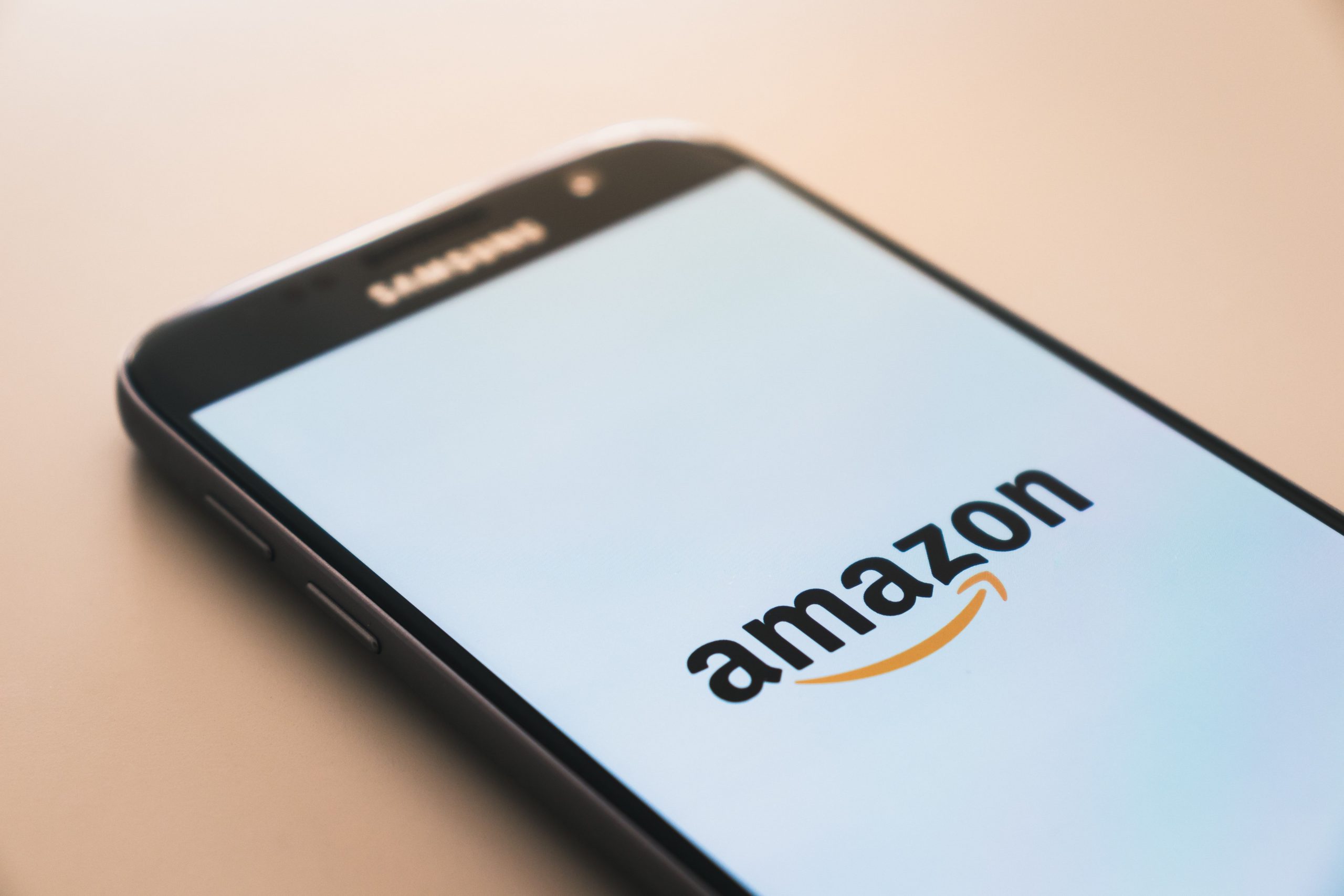American technology company Amazon has been fined €746 mn ($888 million) in Luxembourg over allegations of data protection breaches, AFP reported. This is the biggest ever European Union privacy fine.
A Luxembourg data protection authority, CNPD (Commission Nationale pour la Protection des Données. Translated as National Commission for Data Protection) has issued the fine claiming that Amazon violating the EU’s data protection rules.
Also read: Hate silly password rules? Google CEO Sundar Pichai’s tips might help
This penalty comes after the online retailer, on July 16, was accused of processing personal data in violation of the EU’s General Data Protection Regulation (GDPR). Amazon said that decision is “without merit,” Bloomberg said.
“There has been no data breach, and no customer data has been exposed to any third party, These facts are undisputed. We strongly disagree with the CNPD’s ruling,” Bloomberg quoted Amazon. The company plans to appeal.
Also read: ‘Let me in’: Snapchat outage triggers outrage on social media
A complaint from French privacy rights group La Quadrature du Ne in 2018 triggered the probe on Amazon.
“It’s a first step to see a fine that’s dissuasive, but we need to remain vigilant and see if the decision also includes an injunction to correct the infringing behavior,” Bloomberg quoted a member of La Quadrature’s litigation team.
Also read: Worried about phone hackers? Here’s a simple way to thwart them off
The GDPR rules that took effect in May 2018, allow watchdogs to fine a company as much as 4% of it’s annual global sales. Another tech giant Google has also faced a €50 million penalty issued by CNIL (Commission nationale de l’informatique et des libertés), an independent French administrative regulatory body.
Amazon’s European headquarters are in Luxembourg, which means the CNPD is in charge of monitoring its data protection law compliance. The company is also being probed by the European bloc over its use of data from sellers on its platform and whether it unfairly favors its own products. Germany and the United Kingdom are amongst the countries examining the issue.







